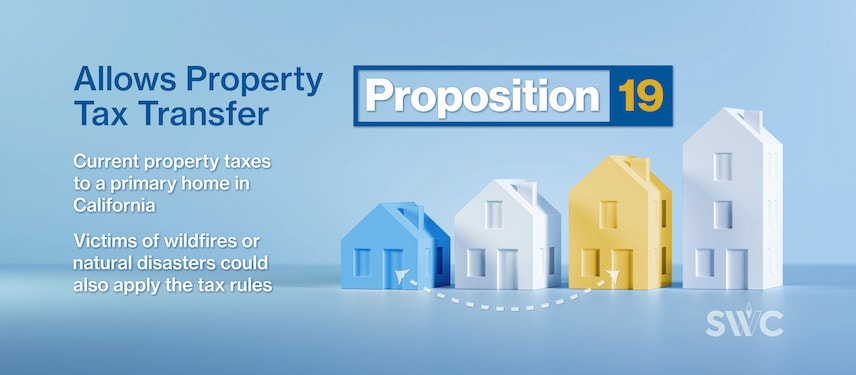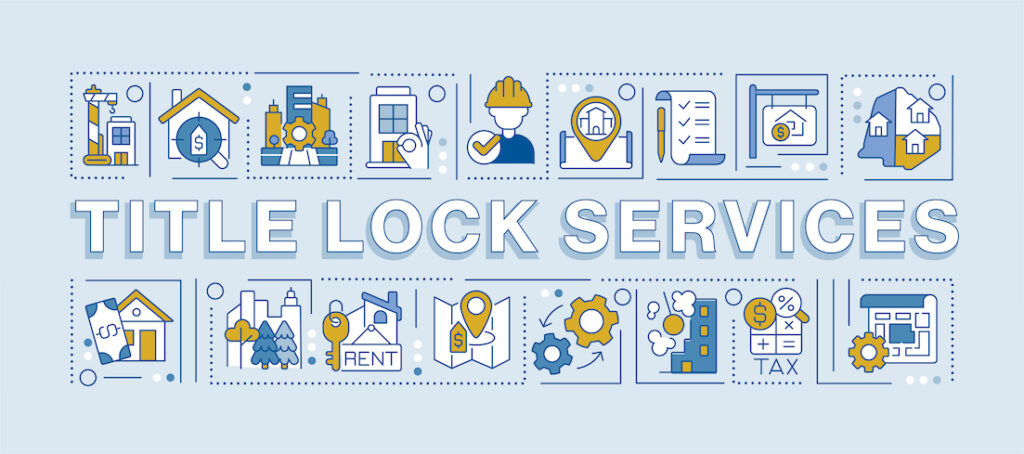Keeping Pace with California Tax Law: Part 1 — Understanding Prop 19
Nobody can accuse California legislators of being lazy when it comes to tax legislation. They’re constantly introducing new legislation, which often presents opportunities for taxpayers to reduce their tax liability. And whether you agree with their approach or feel such relief is a poor use of taxpayer funds, staying on top of these relief measures only benefits you and the things you care about.
As one of California’s premier tax and financial strategy firms, we keep a close eye on changes to federal, state, and local tax code, so that we can fine-tune each of our client’s personalized tax-savings and wealth-building plans.
In this three-part series, we discuss three recent changes to California tax code that may impact your taxes (hopefully in a good way):
- Prop 19, which makes it more affordable for older homeowners to relocate in California
- The Parent-Child Exclusion, which applies to the purchase or transfer of a principal residence between parents and children
- Property tax relief for the elderly and disabled
Understanding Prop 19
Prop 19 — The Home Protection for Seniors, Severely Disabled, Families, and Victims of Wildfire or Natural Disasters Act — is intended to help retirees and older homeowners sell their primary residence and relocate within California more affordably. Starting April 1, 2021, eligible California homeowners could sell their primary residence and transfer the tax base from their previous home to their next home of equal or lesser value.
For example, suppose you’ve owned a home in San Diego for the last 20 years and its assessed value is Continue reading…




